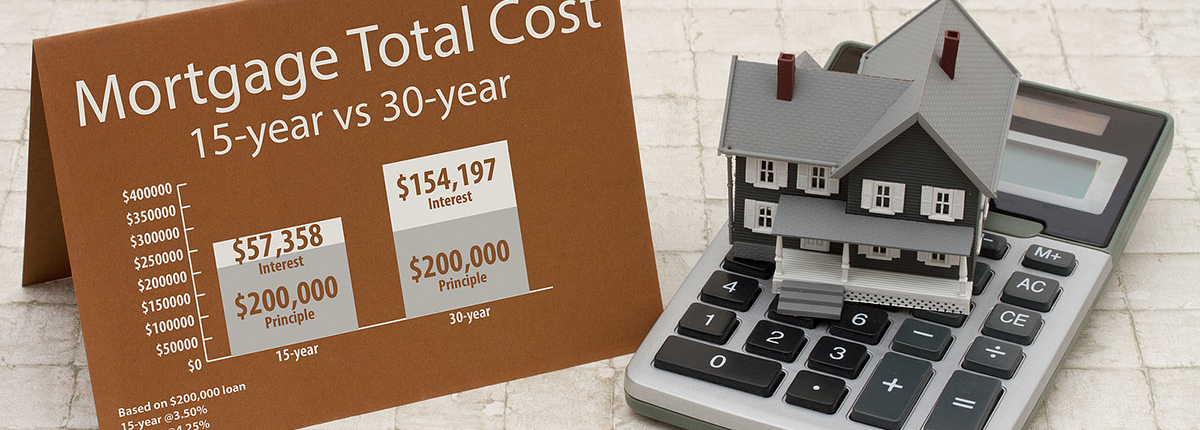Buying a home is one of the most significant financial decisions you’ll ever make. When it comes to financing your dream home, the choice between a 15-year fixed mortgage and a 30-year fixed mortgage can have a lasting impact on your financial future. In this guide, we’ll break down the differences between these two popular mortgage options, helping you navigate the complexities and make an informed decision that aligns with your goals.
Understanding the Basics:
A 15-year fixed mortgage and a 30-year fixed mortgage are two primary options for financing your home purchase. The terms refer to the length of time over which you’ll repay the loan. Let’s explore the key distinctions between these two choices:
1. Loan Term:
– **15-Year Fixed Mortgage:** As the name suggests, this mortgage option comes with a 15-year loan term. You’ll make payments for 15 years to fully repay the loan.
– **30-Year Fixed Mortgage:** With a 30-year mortgage, your loan term spans three decades.
2. Monthly Payments:
– **15-Year Fixed Mortgage:** Monthly payments are higher due to the shorter repayment period. This can impact your budget and affordability.
– **30-Year Fixed Mortgage:** Monthly payments are lower compared to a 15-year mortgage, offering greater flexibility in managing your finances.
3. Interest Rates:
– **15-Year Fixed Mortgage:** Typically comes with lower interest rates compared to a 30-year mortgage, leading to substantial interest savings over time.
– **30-Year Fixed Mortgage:** Interest rates are often slightly higher due to the extended repayment period.
4. Interest Paid:
– **15-Year Fixed Mortgage:** You’ll pay significantly less in total interest over the life of the loan.
– **30-Year Fixed Mortgage:** Due to the longer term, you’ll end up paying more in total interest.
5. Equity Buildup:
– **15-Year Fixed Mortgage:** Equity in your home builds up faster because of the shorter repayment schedule.
– **30-Year Fixed Mortgage:** Equity accumulates more slowly as a larger portion of early payments goes toward interest.
PROS AND CONS:
**15-Year Fixed Mortgage:**
– Pros: Faster loan payoff, lower overall interest payments, quicker equity buildup, potentially lower interest rates.
– Cons: Higher monthly payments, potential strain on budget, lower loan amount eligibility.
**30-Year Fixed Mortgage:**
– Pros: Lower monthly payments, greater flexibility in budgeting, potentially higher loan amount eligibility.
– Cons: Higher total interest paid, slower equity buildup.
Making Your Decision:
When deciding between these two mortgage options, consider your financial situation, goals, and risk tolerance. If you can comfortably afford higher monthly payments and want to save on interest in the long run, a 15-year mortgage might be ideal. On the other hand, if you prefer lower monthly payments and more financial flexibility, a 30-year mortgage could suit you better.
Use mortgage calculators to compare scenarios and understand how different terms impact payments and interest. Additionally, consult a financial advisor or mortgage professional to receive personalized advice tailored to your circumstances.
Remember, the choice between a 15-year fixed mortgage and a 30-year fixed mortgage isn’t just about the loan term. It affects interest rates, monthly payments, total interest paid, and equity buildup. By carefully weighing these factors, you’ll be well-equipped to choose the mortgage option that aligns with your current and long-term financial goals.


 Facebook
Facebook
 X
X
 Pinterest
Pinterest
 Copy Link
Copy Link
